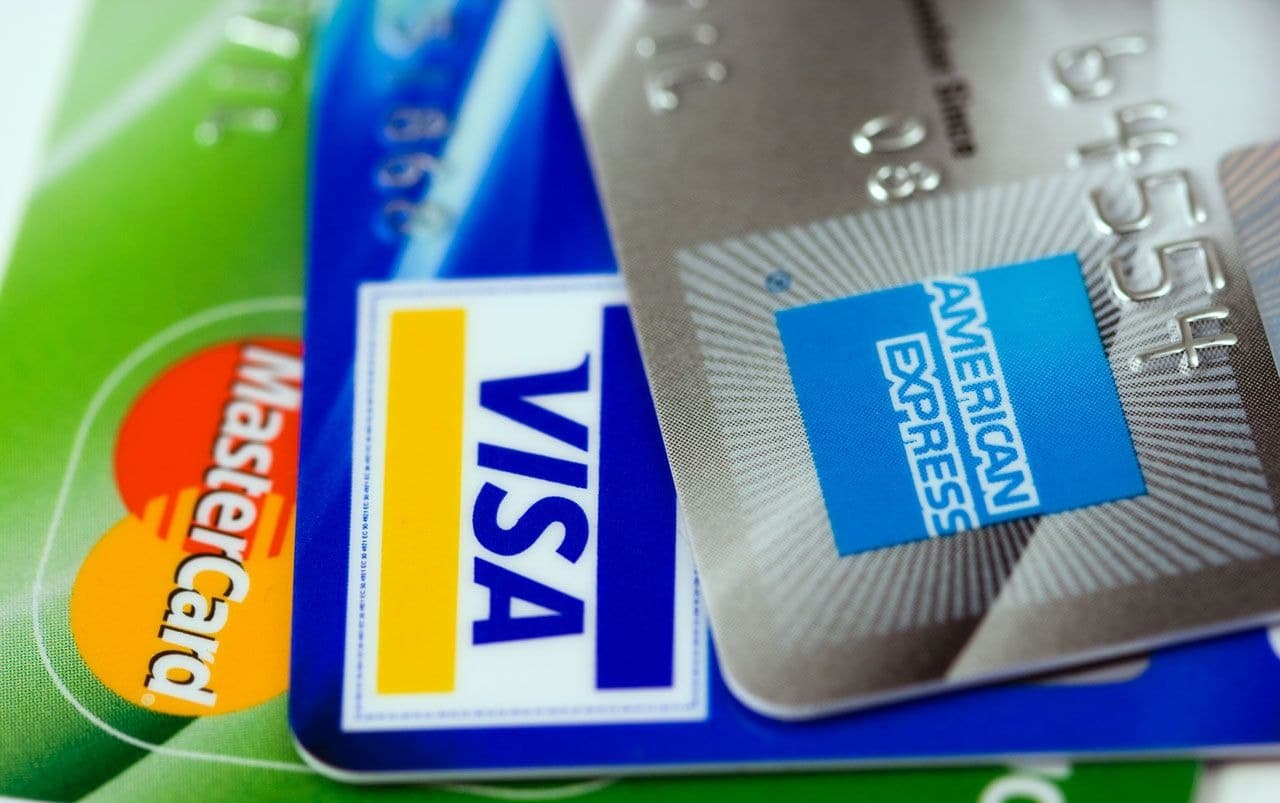As you begin to build your new business, you may be surprised by how much capital you really need to invest. Bootstrapping isn’t always an option for business owners when common startup expenses like equipment, design, development, and inventory can add up to thousands. Luckily, when you’re in need of cash, secured loans can help. But what is a secured loan?
It’s easy to shy away from anything that may add to your debt. However, when you’re already taking the leap to start your business, secured loans can help you become successful without risking a huge fraction of your personal savings in one go.
In this article, we’ll thoroughly explain what secured loans are and how they compare to unsecured loans. We’ll also describe the benefits of secured loans and how to get one for your business.
What Is a Secured Loan?
A secured loan is a common form of funding that requires business owners to promise valuable collateral to the lender, in the event that they default on their loan. While most lenders will have a specific set of requirements for the type of collateral they’ll accept, business owners will commonly use one or a combination of the following to secure their loan:
- Real estate: Office buildings and warehouses owned by your business can be used as collateral. You can also offer your personal real estate, like your house, as collateral, though this is less common for business loans.
- Inventory: If your company’s current inventory is worth a significant amount of cash, it can be sufficient collateral.
- Equipment: Expensive machinery and technology used to operate your business can also be promised in the event of excess late payments.
- Vehicles: Whether you have a personal vehicle you want to use as collateral or you have a company car, truck, or van, vehicles are commonly accepted forms of collateral.
- Personal savings: Interestingly, you can even offer up your entire savings account as collateral. This allows your lender to liquidate your account if your business cannot pay back its loan.
As long as the collateral can be converted into cash and is suitable for the loan amount, as required in your loan agreement terms, there’s a good chance that it can be used. Some lenders may prefer the use of a blanket lien, which allows them to take any business assets after a certain amount of missed monthly payments, in place of specific collateral.
The most common types of secured loans you’ll encounter are personal loans like auto loans, mortgages, and home equity loans. However, in the context of business, you’re most likely to encounter Small Business Administration loans, equipment loans, and other similar types of loans.
Secured Loan vs. Unsecured Loan
The opposite of a secured loan is, naturally, an unsecured loan. This type of loan doesn’t require you to offer collateral, which leaves the lender with far less security than they would have with a secured loan.
To make up for the risk of providing unsecured loans, lenders will take a thorough look at your business credit history to ensure you’re a trustworthy debtor. Typically, a good credit score and a history of on-time payments is necessary for unsecured loans.
The most common unsecured loans for business owners are credit cards and lines of credit, though it is possible to get a secured credit card or line of credit as well. Keep reading to learn why you may want to consider loans that require collateral instead of opting for an unsecured loan.
Why Should I Get a Secured Loan?
When you provide your lender reassurance that you’ll pay back your loan, you may find that you’ll receive some benefits in return.
First off, secured loans tend to offer longer repayment periods, allowing your business to easily balance monthly sales and expenses. Because your lender already has a backup plan, thanks to your collateral, they won’t necessarily be in a rush to get their money returned.
Secured loans also usually come with lower interest rates, limiting the amount of debt you really end up accumulating over the years. At the same time, you can get larger sums of money with secured loans than you would with unsecured loans.
Another point to consider is whether or not your business even qualifies for unsecured loans. If you have a limited or bad credit history, there’s a chance that lenders won’t accept your unsecured loan applications and that you’ll be required to provide collateral. In this sense, secured loans are far easier to qualify for and are a great choice for new business owners.
Finally, from a psychological standpoint, getting a secured loan will encourage you to always make your payments on time. Because you could have valuable assets liquidized for missing too many monthly payments, you’ll naturally be more determined to pay back your loan and avoid accruing too much interest over time.
Getting a Secured Loan
Secured business loans are most commonly available from banks and credit unions in your area, though there are many online lending opportunities available nowadays, too. The Small Business Administration also offers great secured loan opportunities for business owners who need resources to grow with limited risk.
Every potential lender you encounter will have unique application processes, but you can expect a credit check to always be a part of the process. As you’re researching loan opportunities, make sure to take into account interest rates, maximum loan amounts, and other factors to ensure the applications are worth your time.
Frequently Asked Questions
Now that you know the answer to the question “What is a secured loan?”, you can determine whether or not this type of loan is the one for you. Here are some frequently asked questions to consider before you apply:
1. Will getting a secured loan affect my personal credit score?
For newer businesses, your personal credit score may be affected when you first apply for business loans. This is because your potential lender won’t have much to go off of on your company’s credit history, so pulling your personal credit report is the best way to determine your eligibility for a loan.
Beyond the initial impact on your personal credit score, you can avoid any further impact as long as you’ve set up a business structure that separates you from your company, such as an LLC or C corporation. On the other hand, if you operate as a sole proprietorship or a partnership, your personal credit score will be affected.
2. Can I provide a personal guarantee in place of collateral for secured loans?
A personal guarantee, which is a signed document that generally promises a business loan will be paid back with personal assets in the event of a default, cannot usually be used in place of collateral. This is because lenders prefer providing loans that are directly tied to assets, so they know exactly what is backing up the agreement.
There are some cases in which lenders will accept personal guarantees, but this is particularly rare in cases of high-value loans. Sometimes, even loans that are advertised as unsecured, due to lack of collateral requirements, actually still require a basic personal guarantee, since this still doesn’t provide total security to the lender.
3. How do I know if I can trust my lender?
When applying for business loans, it’s just as important for you to do basic research on your lender as it is for your lender to screen you. Especially in the case of online lenders, there’s always a possibility of a scam, which often takes the form of requiring money upfront.
A great tool for helping you figure out whether or not a lender is trustworthy is the Better Business Bureau. Trustpilot is another excellent resource.
Finance Your Business
Getting the money you need to run your business isn’t as easy as pulling cash from your back pocket. Secured loans allow you to finance your business with far lower risk than unsecured loans, so you can pay less interest and earn more. With one application, you can get the money you need to take your company to the next level.
Want to fund your business for free instead of taking on loans? Learn how to find small business grants to avoid the risk of piling on debt.











